What is Gastrectomy Surgery
A gastrectomy is a surgical procedure in which the stomach is removed entirely or just a portion. In addition to treating stomach cancer, this significant surgery can also be utilized to treat other diseases such as severe ulcers, bleeding, or obstructions.
Gastrectomy is the primary option for treating the many stomach abnormalities; gastric resection or a total gastrectomy is still the only treatment option available for long-term survival and the possibility of a cure for gastric cancer, which is the fifth most prevalent cancer in the world.
Gastrectomy types
Based on the part of the stomach to be removed, the gastrectomy is mainly divided into four main types:
- Total gastrectomy: A total gastrectomy involves making an abdominal incision and removing the entire stomach. In this procedure, the small intestine is then connected to the esophagus.
- Partial gastrectomy: In this type, an incision is made in the abdomen for surgical instruments to access and remove the upper portion of the stomach followed by the connection of the small intestine to the upper section of the stomach.
- Sleeve gastrectomy: Around 80% of the stomach is removed during this procedure, usually this procedure is performed as a laparoscopic sleeve gastrectomy. With its minimal 100–200 mL capacity, the new stomach significantly reduces the amount of food a person needs to eat in order to feel full.
- Esophagogastrectomy: In this procedure, parts of the esophagus and upper stomach are removed. The remaining portion of the stomach is then pulled up and connected to the remaining esophagus.
In addition to the above discussed types, there are few more subtypes in gastrectomy such as:
- Distal gastrectomy: A distal gastrectomy, sometimes referred to as an antrectomy, is a form of partial gastrectomy in which the lower part of the stomach—more specifically the antrum—is removed.
- Subtotal gastrectomy: It is the same as partial, but 70–80% of the stomach removal takes place in this.
- Radical gastrectomy: A radical gastrectomy involves removing the entire stomach along with nearby lymph nodes and affected tissues to treat cancer.
| Procedure Name | Gastrectomy |
|---|---|
| Type of Surgery | Can be performed as open or laparoscopic (minimally invasive) |
| Type of Anesthesia | General Anesthesia |
| Procedure Duration | Based on the type underwent |
| Recovery Duration | A few days of hospital stay followed by a few weeks of house rest to fully recover |
Gastrectomy: Pre-Op & Post-Op Care
Preparation for gastrectomy
To assess your medical history and make sure your health supports the surgical treatment, imaging tests, blood tests, and a comprehensive physical examination are performed before the procedure.
During the procedure
Open surgery for stomach removal involves a single large incision, whereas laparoscopic surgery is minimally invasive, utilizing specialized instruments and small incisions to remove either part or the entirety of the stomach.
After the procedure
After the gastrectomy, the wound will be covered and stitched to facilitate healing. Your vital signs will be closely monitored under observation for the first few days.
Gastrectomy Recovery
The recovery time for the gastrectomy will depend on the type of gastrectomy and also the patient’s overall health. Following the procedure, you will typically spend one or two weeks in the hospital.
Post-operative care
Post-surgery, for the first few days, an IV and liquid diet are allowed to the patient. Later on, the patient is advised to take a suggested diet, such as small frequent meals. The patient is also advised to take prescribed medications and to maintain regular follow-ups.
Benefits of Gastrectomy at Yashoda Hospitals
- Effective Repair: Our comprehensive evaluation and personalized treatment plans ensure effective treatment for stomach cancers and gastric abnormalities.
- Experienced Surgical Team: With years of experience, our skilled gastro surgeons perform gastrectomy procedures with precision and expertise.
- Efficient Care: We strive to provide timely diagnosis and prompt initiation of treatment strategies, ensuring efficient care and optimal outcomes.





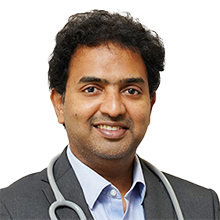


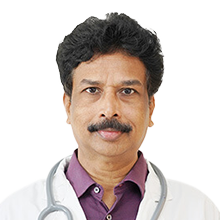



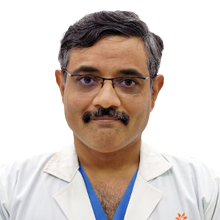
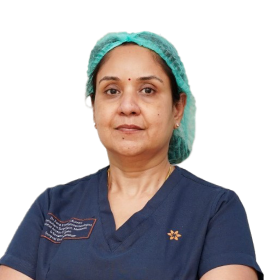
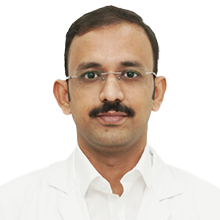












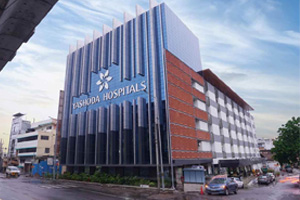
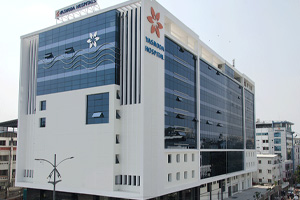
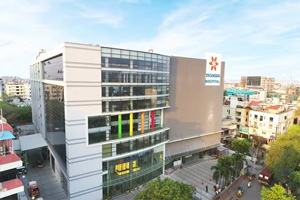
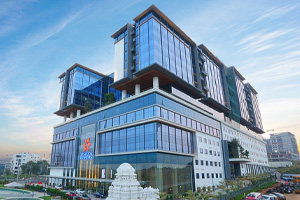
 Appointment
Appointment WhatsApp
WhatsApp Call
Call More
More